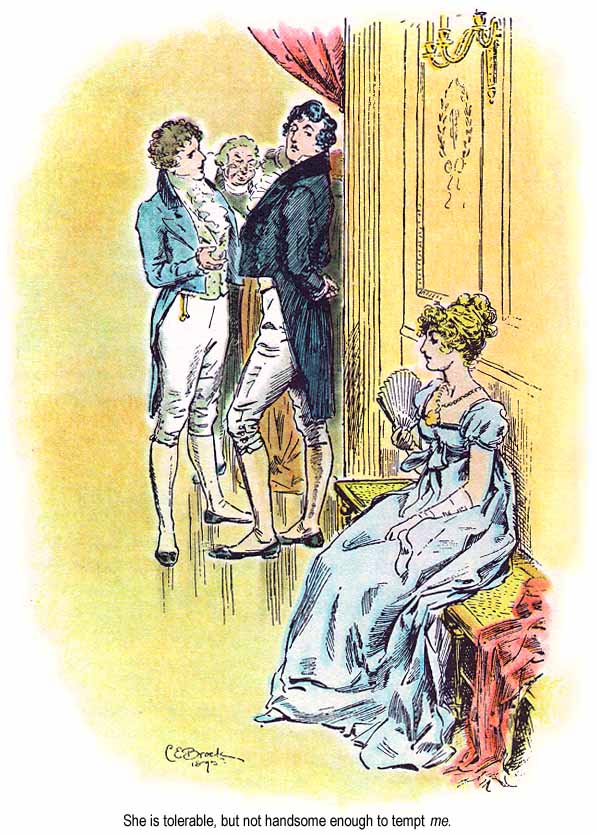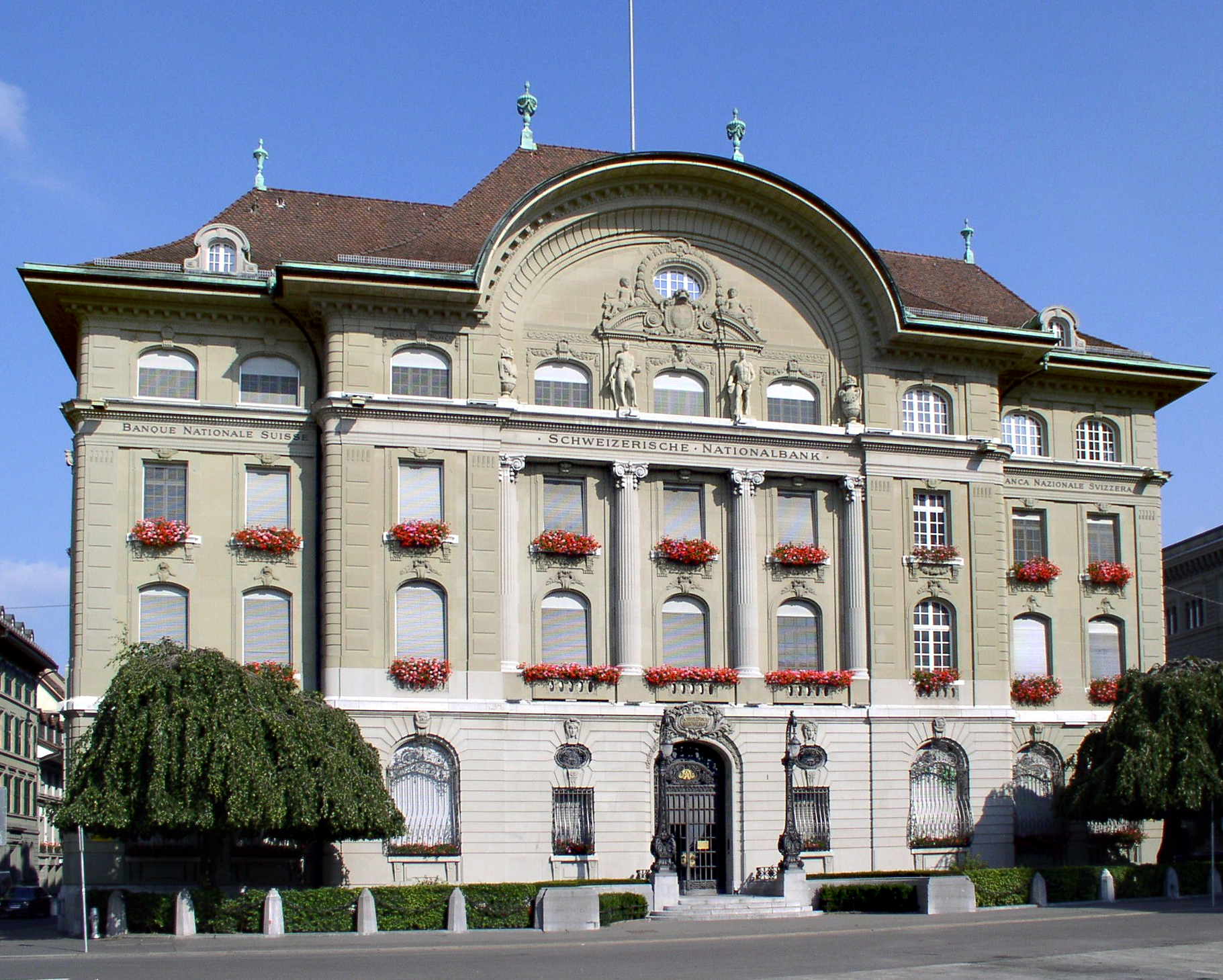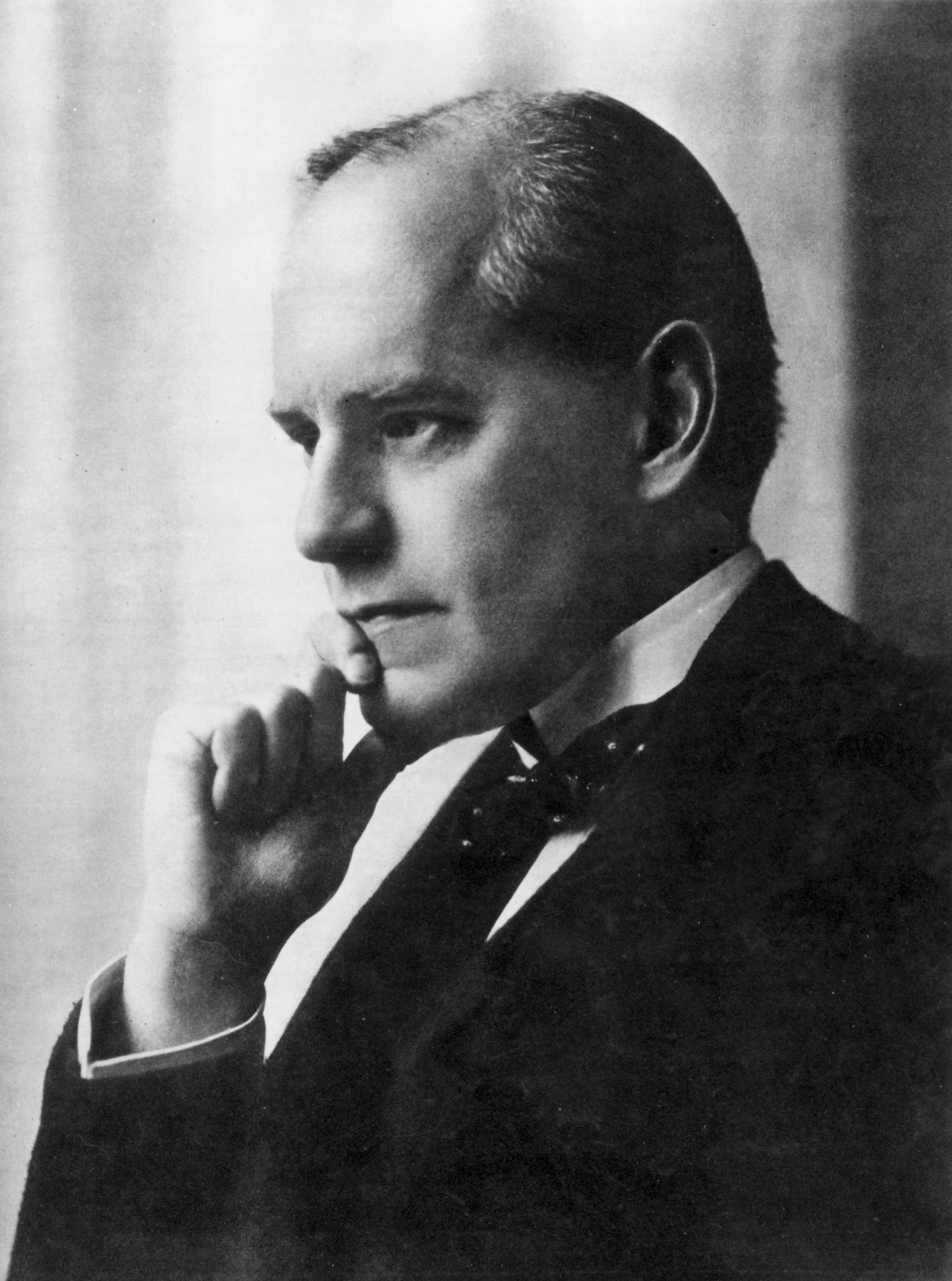|
Consols
Consols (originally short for consolidated annuities, but subsequently taken to mean consolidated stock) were government debt issues in the form of perpetual bonds, redeemable at the option of the government. They were issued by the Bank of England and the U.S. Government. The first British consols were issued in 1751. They have now been fully redeemed. The United States government issued consols from 1877 to 1930, which have likewise been redeemed. History In 1752 the Chancellor of the Exchequer and Prime Minister Sir Henry Pelham converted all outstanding issues of redeemable government stock into one bond, Consolidated 3.5% Annuities, in order to reduce the coupon (interest rate) paid on the government debt. In 1757, the annual interest rate on the stock was reduced to 3%, leaving the stock as consolidated 3% annuities. The coupon rate remained at 3% until 1888. In 1888, the Chancellor of the Exchequer, George Joachim Goschen, converted the consolidated 3% annuities, along w ... [...More Info...] [...Related Items...] OR: [Wikipedia] [Google] [Baidu] |
Government Bond
A government bond or sovereign bond is a form of bond issued by a government to support public spending. It generally includes a commitment to pay periodic interest, called coupon payments'','' and to repay the face value on the maturity date. For example, a bondholder invests $20,000, called face value or principal, into a 10-year government bond with a 10% annual coupon; the government would pay the bondholder 10% interest each year and repay the $20,000 original face value at the date of maturity (i.e. after 10 years). Government bonds can be denominated in a foreign currency or the government's domestic currency. Countries with less stable economies tend to denominate their bonds in the currency of a country with a more stable economy (i.e. a hard currency). When governments with less stable economies issue bonds, there is a possibility they will be unable to repay bondholders, resulting in a default. All bonds carry a default risk. International credit rating agencie ... [...More Info...] [...Related Items...] OR: [Wikipedia] [Google] [Baidu] |
Pride And Prejudice (novel)
''Pride and Prejudice'' is an 1813 novel of manners by Jane Austen. The novel follows the character development of Elizabeth Bennet, the dynamic protagonist of the book who learns about the repercussions of hasty judgments and comes to appreciate the difference between superficial goodness and actual goodness. Mr. Bennet, owner of the Longbourn estate in Hertfordshire, has five daughters, but his property is entailed and can only be passed to a male heir. His wife also lacks an inheritance, so his family faces becoming poor upon his death. Thus, it is imperative that at least one of the daughters marries well to support the others, which is a motivation that drives the plot. ''Pride and Prejudice'' has consistently appeared near the top of lists of "most-loved books" among literary scholars and the reading public. It has become one of the most popular novels in English literature, with over 20 million copies sold, and has inspired many derivatives in modern literature. For mor ... [...More Info...] [...Related Items...] OR: [Wikipedia] [Google] [Baidu] |
Government Bonds Issued By The United Kingdom
A government is the system or group of people governing an organized community, generally a state. In the case of its broad associative definition, government normally consists of legislature, executive, and judiciary. Government is a means by which organizational policies are enforced, as well as a mechanism for determining policy. In many countries, the government has a kind of constitution, a statement of its governing principles and philosophy. While all types of organizations have governance, the term ''government'' is often used more specifically to refer to the approximately 200 independent national governments and subsidiary organizations. The major types of political systems in the modern era are democracies, monarchies, and authoritarian and totalitarian regimes. Historically prevalent forms of government include monarchy, aristocracy, timocracy, oligarchy, democracy, theocracy, and tyranny. These forms are not always mutually exclusive, and mixed governme ... [...More Info...] [...Related Items...] OR: [Wikipedia] [Google] [Baidu] |
Swiss National Bank
The Swiss National Bank (SNB; german: Schweizerische Nationalbank; french: Banque nationale suisse; it, Banca nazionale svizzera; rm, Banca naziunala svizra) is the central bank of Switzerland, responsible for the nation's monetary policy and the sole issuer of Swiss franc banknotes. The primary goal of its mandate is to ensure price stability, while taking economic developments into consideration. The SNB is an ''Aktiengesellschaft'' under special regulations and has two head offices, one in Bern and the other in Zurich. History The bank formed as a result of the need for a reduction in the number of commercial banks issuing banknotes, which numbered 53 sometime after 1826. In the 1874 revision of the Federal Constitution it was given the task to oversee laws concerning the issuing of banknotes. In 1891, the Federal Constitution was revised again to entrust the Confederation with sole rights to issue banknotes. The Swiss National Bank was founded under the law of 6 Octob ... [...More Info...] [...Related Items...] OR: [Wikipedia] [Google] [Baidu] |
War Bond
War bonds (sometimes referred to as Victory bonds, particularly in propaganda) are debt securities issued by a government to finance military operations and other expenditure in times of war without raising taxes to an unpopular level. They are also a means to control inflation by removing money from circulation in a stimulated wartime economy. War bonds are either retail bonds marketed directly to the public or wholesale bonds traded on a stock market. Exhortations to buy war bonds have often been accompanied by appeals to patriotism and conscience. Retail war bonds, like other retail bonds, tend to have a yield which is below that offered by the market and are often made available in a wide range of denominations to make them affordable for all citizens. Before World War I Governments throughout history have needed to borrow money to fight wars. Traditionally they dealt with a small group of rich financiers such as Jakob Fugger and Nathan Rothschild, but no particular dist ... [...More Info...] [...Related Items...] OR: [Wikipedia] [Google] [Baidu] |
John Galsworthy
John Galsworthy (; 14 August 1867 – 31 January 1933) was an English novelist and playwright. Notable works include '' The Forsyte Saga'' (1906–1921) and its sequels, ''A Modern Comedy'' and ''End of the Chapter''. He won the Nobel Prize in Literature in 1932. Life Galsworthy was born at what is now known as Galsworthy House (then called Parkhurst) on Kingston Hill in Surrey, England, the son of John and Blanche Bailey (''née'' Bartleet) Galsworthy. His family was prosperous and well established, with a large property in Kingston upon Thames that is now the site of three schools: Marymount International School, Rokeby Preparatory School, and Holy Cross Preparatory School. He attended Harrow and New College, Oxford. He took a Second in Law (Jurisprudentia) at Oxford in 1889, then trained as a barrister and was called to the bar in 1890. However, he was not keen to begin practising law and instead travelled abroad to look after the family's trans-European shipping ... [...More Info...] [...Related Items...] OR: [Wikipedia] [Google] [Baidu] |
The Forsyte Saga
''The Forsyte Saga'', first published under that title in 1922, is a series of three novels and two interludes published between 1906 and 1921 by the English author John Galsworthy, who won the Nobel Prize in Literature. They chronicle the vicissitudes of the leading members of a large upper-middle-class English family that is similar to Galsworthy's. Only a few generations removed from their farmer ancestors, its members are keenly aware of their status as " new money". The main character, the solicitor and connoisseur Soames Forsyte, sees himself as a "man of property" by virtue of his ability to accumulate material possessions, but that does not succeed in bringing him pleasure. Separate sections of the saga, as well as the lengthy story in its entirety, have been adapted for cinema and television. ''The Man of Property'', the first book, was adapted in 1949 by Hollywood as '' That Forsyte Woman'', starring Errol Flynn, Greer Garson, Walter Pidgeon, and Robert Young. In 1967 ... [...More Info...] [...Related Items...] OR: [Wikipedia] [Google] [Baidu] |
William Somerset Maugham
William Somerset Maugham ( ; 25 January 1874 – 16 December 1965) was an English writer, known for his plays, novels and short stories. Born in Paris, where he spent his first ten years, Maugham was schooled in England and went to a German university. He became a medical student in London and qualified as a physician in 1897. He never practised medicine, and became a full-time writer. His first novel, ''Liza of Lambeth'' (1897), a study of life in the slums, attracted attention, but it was as a playwright that he first achieved national celebrity. By 1908 he had four plays running at once in the West End theatre, West End of London. He wrote his 32nd and last play in 1933, after which he abandoned the theatre and concentrated on novels and short stories. Maugham's novels after ''Liza of Lambeth'' include ''Of Human Bondage'' (1915), ''The Moon and Sixpence'' (1919), ''The Painted Veil (novel), The Painted Veil'' (1925), ''Cakes and Ale'' (1930) and ''The Razor's Edge'' (1944). ... [...More Info...] [...Related Items...] OR: [Wikipedia] [Google] [Baidu] |
Of Human Bondage
''Of Human Bondage'' is a 1915 novel by W. Somerset Maugham. The novel is generally agreed to be Maugham's masterpiece and to be strongly autobiographical in nature, although he stated, "This is a novel, not an autobiography; though much in it is autobiographical, more is pure invention." Maugham, who had originally planned to call his novel ''Beauty from Ashes'', finally settled on a title taken from a section of Spinoza's ''Ethics''. The Modern Library ranked ''Of Human Bondage'' No. 66 on its list of the 100 best English-language novels of the 20th century. Plot The book begins with the death of Helen Carey, the beloved mother of nine-year-old Philip Carey. Philip has a club foot and his father had died a few months earlier. Now orphaned, he is sent to live with his aunt and uncle, Louisa and William Carey. Philip lives at his uncle's vicarage. Aunt Louisa tries to be a mother to Philip, but his uncle is cold towards him. Philip's uncle has a vast collection of books, an ... [...More Info...] [...Related Items...] OR: [Wikipedia] [Google] [Baidu] |
William Makepeace Thackeray
William Makepeace Thackeray (; 18 July 1811 – 24 December 1863) was a British novelist, author and illustrator. He is known for his satirical works, particularly his 1848 novel ''Vanity Fair'', a panoramic portrait of British society, and the 1844 novel '' The Luck of Barry Lyndon'', which was adapted for a 1975 film by Stanley Kubrick. Biography Thackeray, an only child, was born in Calcutta, British India, where his father, Richmond Thackeray (1 September 1781 – 13 September 1815), was secretary to the Board of Revenue in the East India Company. His mother, Anne Becher (1792–1864), was the second daughter of Harriet Becher and John Harman Becher, who was also a secretary (writer) for the East India Company. His father was a grandson of Thomas Thackeray (1693–1760), headmaster of Harrow School."THACK ... [...More Info...] [...Related Items...] OR: [Wikipedia] [Google] [Baidu] |
Vanity Fair (novel)
Vanity Fair may refer to: Arts, entertainment and media Literature * Vanity Fair, a location in '' The Pilgrim's Progress'' (1678), by John Bunyan * ''Vanity Fair'' (novel), 1848, by William Makepeace Thackeray * ''Vanity Fair'' (magazines), the title of several magazines including: ** ''Vanity Fair'' (British magazine), 1868–1914 ** ''Vanity Fair'' (American magazine 1913–1936) ** ''Vanity Fair'' (magazine), 1983–present Film * ''Vanity Fair'' (1911 film), directed by Charles Kent * ''Vanity Fair'' (1915 film), a silent film directed by Charles Brabin and made by the Edison Company * ''Vanity Fair'' (1922 film), a silent British film directed by Walter Courtney Rowden * ''Vanity Fair'' (1923 film), a lost silent feature film directed by Hugo Ballin and produced by Samuel Goldwyn, with Prizmacolor sequence * ''Vanity Fair'' (1932 film), directed by Chester M. Franklin and starring Myrna Loy, with the story updated to make Becky Sharp a social-climbing governess * '' ... [...More Info...] [...Related Items...] OR: [Wikipedia] [Google] [Baidu] |
Howards End
''Howards End'' is a novel by E. M. Forster, first published in 1910, about social conventions, codes of conduct and relationships in turn-of-the-century England. ''Howards End'' is considered by many to be Forster's masterpiece. The book was conceived in June 1908 and worked on throughout the following year; it was completed in July 1910. Premise The story revolves around three families in England at the beginning of the 20th century: the Wilcoxes, rich capitalists with a fortune made in the colonies; the half-German Schlegel siblings (Margaret, Helen, and Tibby), whose cultural pursuits have much in common with the Bloomsbury Group; and the Basts, an impoverished young couple from a lower-class background. The idealistic, intelligent Schlegel sisters seek to help the struggling Basts and to rid the Wilcoxes of some of their deep-seated social and economic prejudices. Plot summary The Schlegels had briefly met and befriended the Wilcoxes when both families were in German ... [...More Info...] [...Related Items...] OR: [Wikipedia] [Google] [Baidu] |









